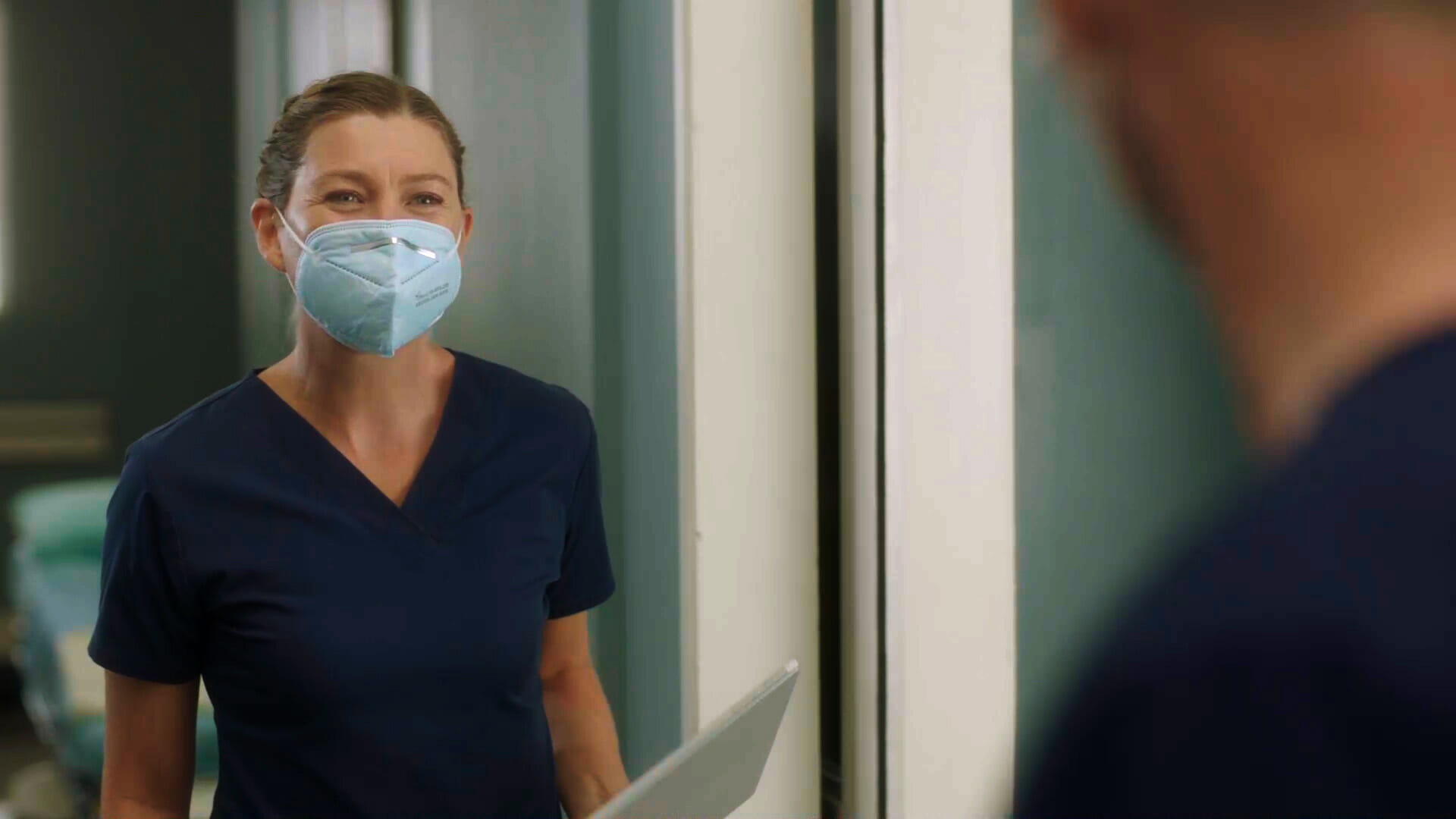
House, M.D. | When diagnostics becomes investigation
Creator
Showrunner
Director
Year
Country
Seasons
Runtime
Genre
Subgenre
Comprehension, empathy and kindness are qualities that many patients would like to see embodied in their physician. But they don’t describe Dr. House (Hugh Laurie), the protagonist of House, M.D. He has a permanent disability in his leg, he’s insolent, rough, and seems to hate the whole of mankind. He’s the best professional in Princeton – Plainsboro Teaching Hospital. When Dr. Cuddy (Lisa Edelstein) must face impossible cases, she can’t help but ask for him to work on them. Because when diagnostics becomes investigation, that’s when Dr. House shows his brilliant mind.
Created by David Shore and Paul Attanasio, and aired by Fox in 2004, House M.D. is a medical drama shaped as a crime story. The series won several prizes, among which were an Emmy Award (2005), Golden Globe (2006 and 2007), and Peoples Choice Award (2011).
Logic and lies
Besides a logical mind, Dr. House has another ace up his sleeve: he thinks everybody is lying. That’s why he never trusts his patients about their stories, the way they fell ill, and what they tell him about their life. He’s chief of a division formed by the immunologist Dr. Cameron (Jennifer Morrison), the neurologist Dr. Foreman (Omar Epps), and the anesthetist Dr. Chase (Jesse Spencer). They come from different backgrounds and have opposing personalities, so they can observe each situation from several points of view. For the same reason, they are able to explore a wide range of diseases, too.
Each episode follows a similar outline: a patient arrives at the hospital, with very weird or unjustified symptoms. Dr. House declines the case, formulating a simple diagnosis. Dr. Cuddy summons him to explain why those symptoms are so strange, and that’s what activates his curiosity. He gathers his team and they start formulating hypotheses, which become more and more peculiar. The patient for his part develops new and stranger symptoms until something rings a bell in Dr. House’s mind. He finally solves the puzzle, putting all the pieces together and explaining why and how everything has happened. In the end, he manages to solve the case and save the patient, as the best lawyer would do in court.
Medical meets crime
Genius comes at a high price. Gregory House, out of his department, is a lonely man, not to say a misfit. His only friend is the oncologist Dr. Wilson (Robert Sean Leonard), who stands by his side, despite House continuously testing his patience. He has no woman in his life: there’s a strong tension between him and Dr. Cuddy, but their relationship is too drawn to become a love story. He tends to make her go crazy most of the time. The sentimental side of doctors’ lives is different from what one can see in a series like Grey’s Anatomy, for example. While the latter focalizes on personal connections, House, M.D. focuses more on the professional side.
Dr. House’s method is something more than simple medical science. In his brilliant mind, diagnostics becomes an investigation. Not by chance, his character was inspired by Sherlock Holmes: as the famous detective, House looks for clues and questions people. He faces every single case as if it was a murder, and the disease as a killer to be caught. Speaking about the scientific side, the cases faced through the series come from Lisa Sanders‘ New York Times feature Diagnosis about difficult medical cases.
The tv show inspired several essays about philosophy and religion, related to medicine and professional ethics, such as House Unauthorized: Vasculitis, Clinic Duty, and Bad Bedside Manner (Leah Wilson, 2007), House and Philosophy: Everybody Lies (Henry Jacoby, 2008) and House, M.D.- An Allegory for the Effects of Postmodernism on Society. Despite those high concept topics, it attracted a wide audience, being able to show how fascinating, entertaining and multifaceted diagnostics is when it becomes an investigation.
Tag
Buy a ☕ for Hypercritic









